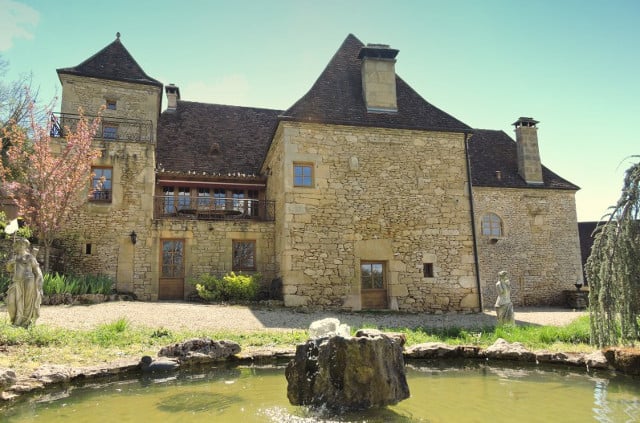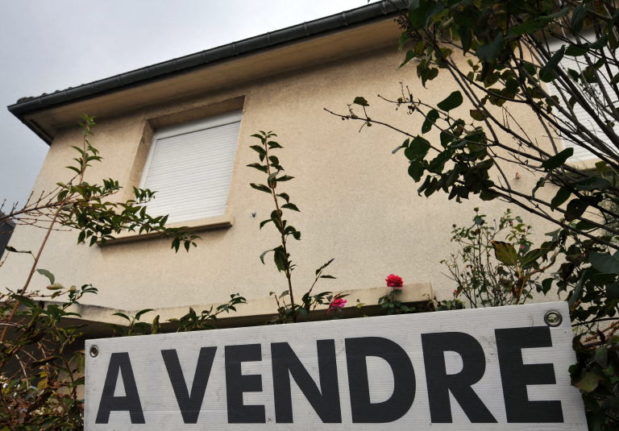PROPERTY
French Property of the Week: Medieval manor in Dordogne with guest apartment
Does a manor house overlooking some of the most beautiful countryside in France tickle your fancy? If so check out our Property of the Week.
Published: 23 March 2017 09:49 CET

Photo: Legett Immobilier
Where is it
The property is situated in the department of Dordogne in the south west Nouvelle Aquitaine region.
It used to be part of a medieval hamlet, and so it's secluded, but not far from the town of Montignac, where you can find hotels, restaurants and bars.
Other nearby towns are Les Eyzies (11km away) a Unesco world heritage town set into a rock face, and Sarlat (24km away) a large medieval town and the capital of the Périgord Noir region.
And if you need to travel further afield, the nearest airports are Bergerac and Brive la Gaillarde.
How much does it cost?
It's on the market for €798,000 or £692,289 depending on exchange rates.
Describe the house
The spacious detached manor house has multiple terraces and a courtyard to enjoy the panoramic views over the Vézère valley, the caves of which are designated Unesco world heritage sites.
You get 5 bedrooms, 4 bathrooms, an office and large kitchen/lounge with an open fire place and a private apartment below ground for guests, which you could convert it into a wine cellar for yourself.
Within the 2 acres of land included in the property, you also get a wooden chalet, two outbuildings and 3 stone bread ovens, one of which is still working, and the others large enough to be renovated as guest rooms.
Why buy it?
Legett Immobilier say: “Nestled in a small hamlet in a tranquil location, private but not completely isolated, this absolutely stunning manor house has been lovingly restored to the highest standards and is bursting with character.
“This lovely manor is steeped in history.”
And the photos:
Url copied to clipboard!


 Please whitelist us to continue reading.
Please whitelist us to continue reading.
Member comments